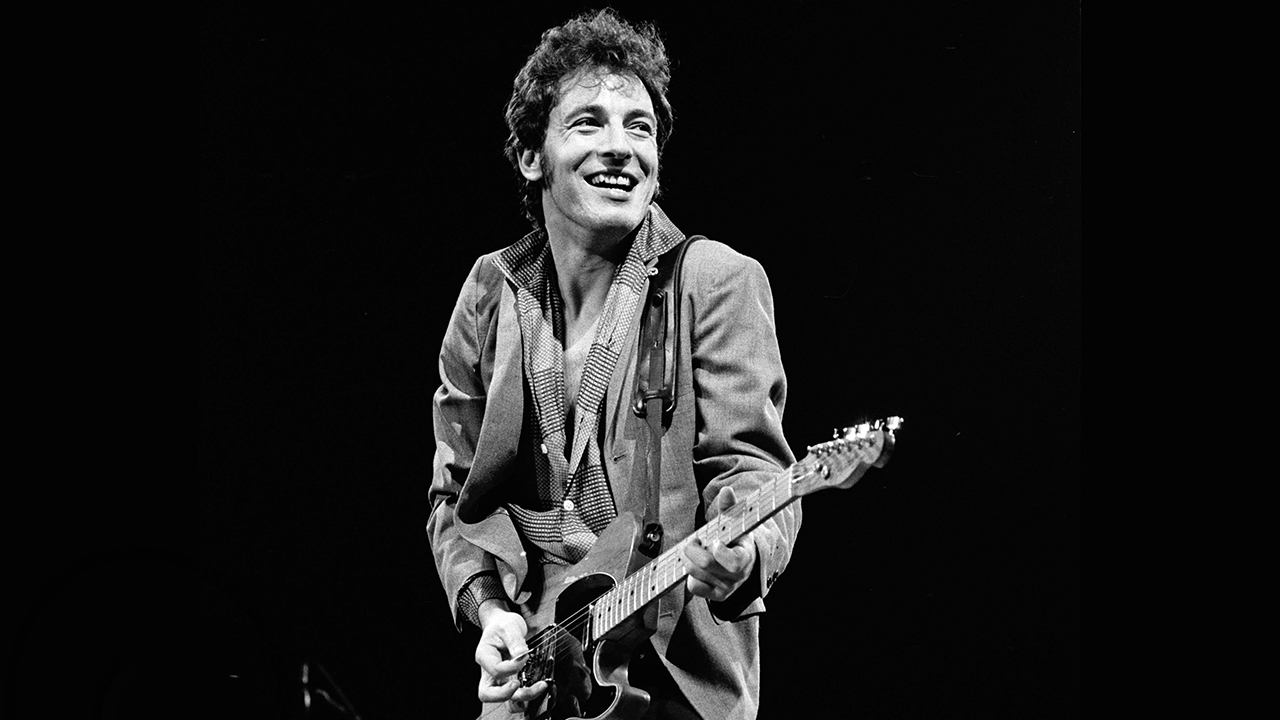A companion album to Bruce Springsteen’s long-awaited autobiography is more than just a smart marketing move. Approached in tandem, the record and the weighty tell-all memoir act as bookends to a half-century in music, and each offer something beyond what past biographers had at their disposal.
The five previously unreleased tracks on Chapter And Verse (7⁄10) are the first time the vast majority of us will have heard Bruce as a teenager, hoping to break big with his formative bands The Castiles and Steel Mill. Leap forward 50 years, and the book Born To Run (8⁄10) finds a multi-millionaire icon writing candidly about intermittent spells of depression that fame and wealth have exacerbated as much as exorcised.
Eschewing the traditional practice of a greatest-hits tie-in, the contents of the album have been carefully selected to illustrate specific times or events covered in detail in the book’s 500 pages. Hence the early days in New Jersey dive bars are represented by the urgent and earnest bog-standard garage rock of 1966’s Baby I, but within four years it’s a leaner, tougher Springsteen exploring psych tropes on He’s Guilty and Stones-y struts on Ballad Of Jesse James.
Springsteen has previously alluded to this period of his career, albeit in the roundabout manner of fashioning songs (most notably on The River) inspired by the music he heard blaring out of jukeboxes in his youth. Similarly, formerly he has addressed feelings of emptiness and disillusionment on self-reflective songs such as Two Faces or 57 Channels (And Nothin’ On), although sat in front of a computer screen he has less recourse to clumsy metaphor.
It’s informative to learn that Springsteen’s most recent major skirmish with the black dog coincided with 2012’s high-watermark album Wrecking Ball, his most cohesive and articulate set of songs since The Rising a decade earlier. Are we, the readers, to interpret that as the author suggesting his best work requires there to be dark clouds over the studio?
As with Wrecking Ball, it’s clear that writing the book has been a form of catharsis, although Bruce is wise enough to realise that confronting demons won’t necessarily banish them. The prose may not be as outlandish and fanciful as the Damon-Runyon-Meets-Van-Morrison vignettes of his early records in particular, populated by composite characters based on real folk of his acquaintance, but its no-nonsense tone, flitting between confessional, light-hearted and insightful, is testament to Springsteen’s skills as a wordsmith, with a keyboard as much as a kick-ass band.
